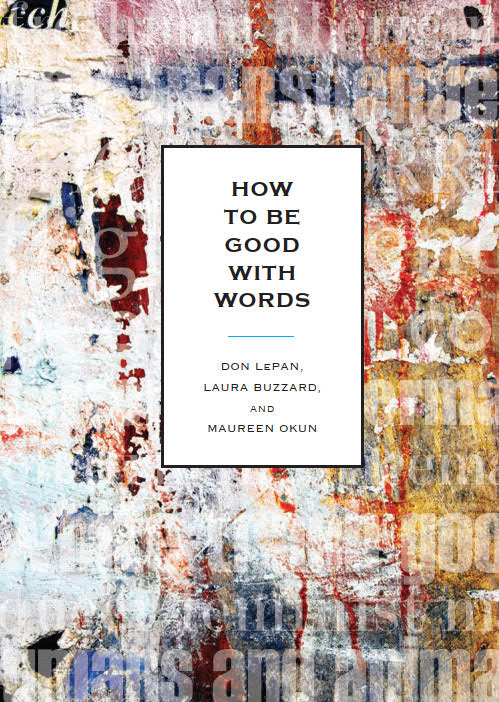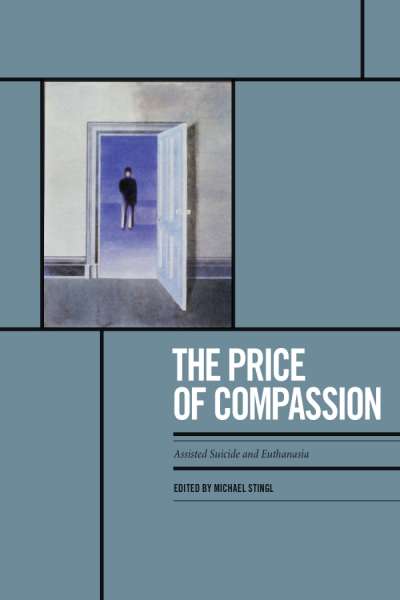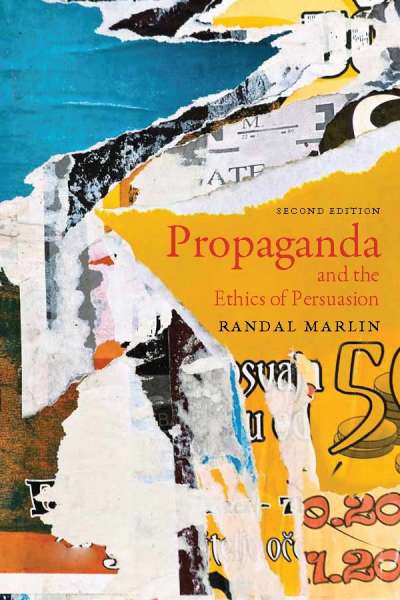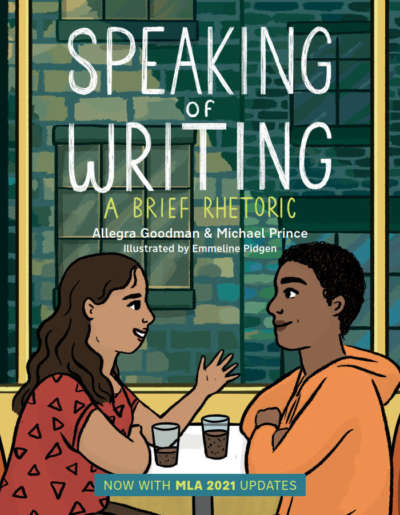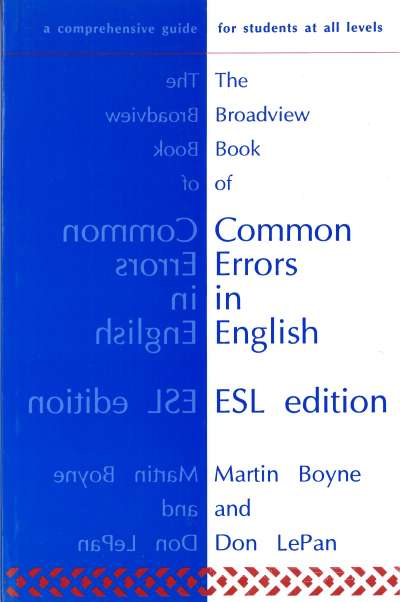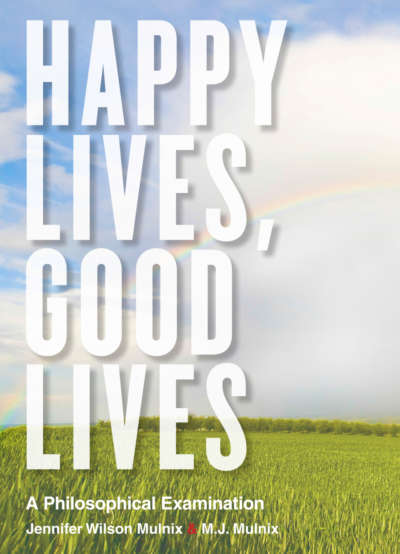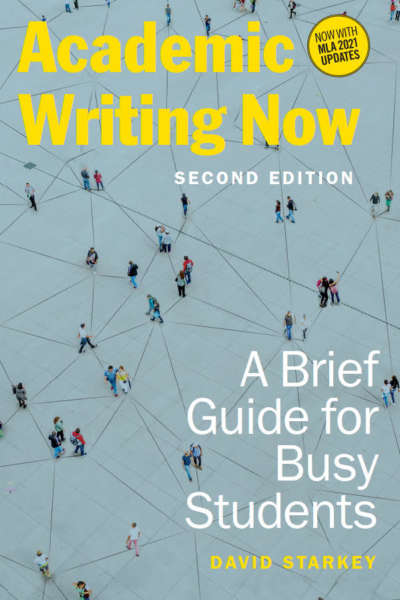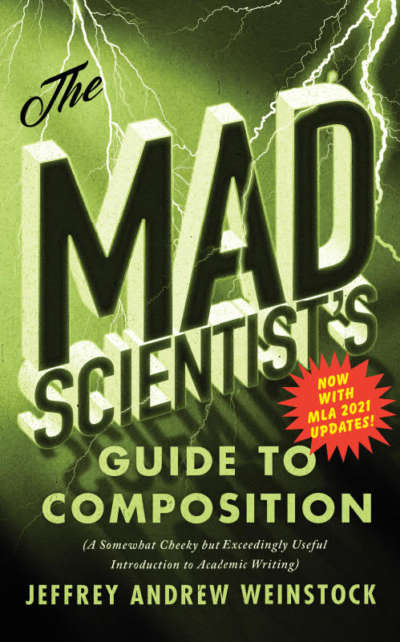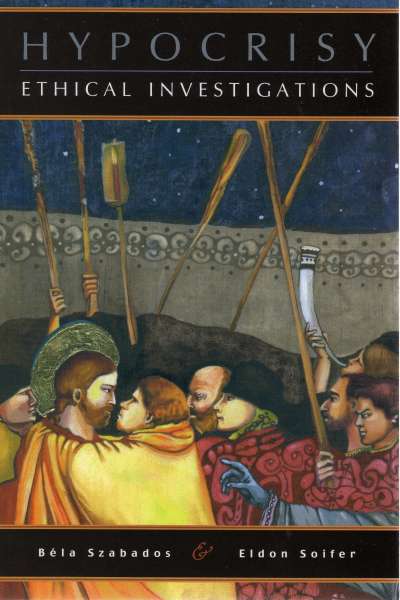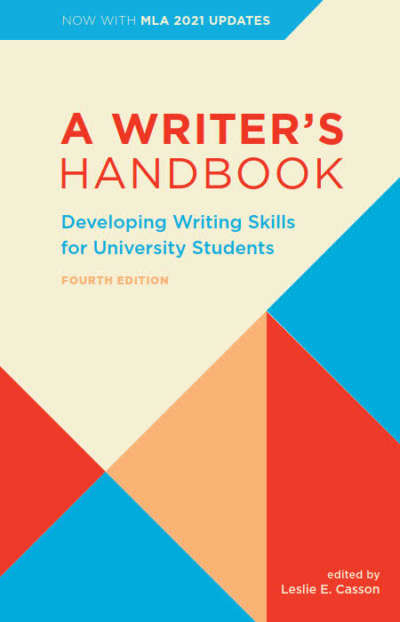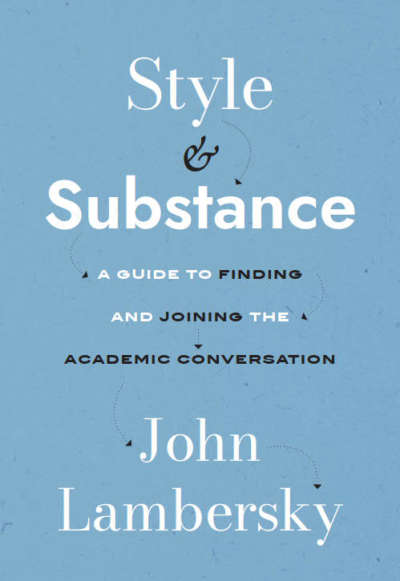In recent decades, the contested areas of English usage have grown both larger and more numerous. English speakers argue about whether we should say man or humanity, fisher or fisherman; whether we ought to speak of people as being disabled, or challenged, or differently abled; whether it is acceptable to say that’s so gay. More generally, we ask, can we use language in ways that avoid giving expression to prejudices embedded within it? Can the words we use help us point a way towards a better world? Can we ask such questions with appropriate seriousness while remaining open-minded—and while retaining our sense of humor? To all these questions this concise and user-friendly guide answers yes, while offering clear-headed discussions of many of the key issues.
Comments
“To model being ‘good with words,’ LePan, Buzzard, and Okun do not simply demonize some locutions and canonize others. They provide background information to clarify why it’s problematic to use the term ‘illegal immigrant,’ for example, or ‘lone wolf killer’; they explain when it’s okay to call someone a ‘tranny,’ or an ‘Eskimo’—and when it isn’t; they invite readers to judge cases that admit reasonable arguments on more than one side, such as whether Princeton should remove Woodrow Wilson’s honorifics because of his racism. I realized when I read this book that my own attitudes about how to be good with words have been formed over decades of self-scrutiny and dialogue, a history I couldn’t duplicate for students who wonder why I am uneasy about some of their word choices—but now this book’s nuanced discussions recover that history and help them consider their choices more deeply.” — Patricia Bizzell, Distinguished Professor of English, College of the Holy Cross
“Language proficiency includes much more than correct grammar. This innovative textbook will fuel animated discussion and encourage thoughtful language choices in our rapidly changing social landscape. The student-directed internet research exercises are an amazing plus.” — Margery Fee, University of British Columbia
“How to Be Good with Words is not just a list of words to use and words to avoid. Rather, it takes as its starting point the basic question: what is the most humane, accurate and rhetorically appropriate way to talk about something? Examining each question in terms of both its historical background and its current context and presenting closely reasoned analyses and solid support for preferred options, this clear and well-organized text gives readers the information they need to make their own thoughtful and responsible choices. How to Be Good with Words is valuable both as a reference text for experienced writers and editors and as a textbook in courses dealing with professional writing or public communication.” — Linda Coleman, University of Maryland
“I had never thought I would enjoy a book on language, but How to Be Good with Words changed my mind. This is actually a book on language, ethics, and politics specifically designed to help us think about language use as a way to help make the world a better place. Acknowledging that none of us will ever be perfectly free of bias or prejudice, the authors not only present examples of inappropriate usage and how to correct them, but also discuss the philosophical arguments for why certain language constructions are considered inappropriate. If you want to know about the use of the singular ‘they’; about the difference between ‘transsexual’ and ‘transgender’; whether or not it is ok to refer to someone as a ‘dick,’ ‘pussy,’ ‘slut,’ or ‘tranny’; whether or not ‘black’ should be capitalized; what the difference is between ‘Black Lives Matter’ and ‘All Lives Matter’; what the difference is between ‘anti-Semitic’ and ‘anti-Jewish’; why ‘Islamic extremist’ or ‘radical Islam’ are problematic terms; what the difference is between ‘genderfluid’ and ‘genderqueer’; or what the difference is between ‘is’ and ‘has’ when talking about someone with a disability, this is the book for you to read. It is timely, well-written, and important.” — Pancho Savery, Reed College
“I’ve really been enjoying reading through How to Be Good with Words. This is the most thorough reference I’ve seen for dealing with usage issues around ‘politically correct’ language. I particularly value the thought-provoking rationales and examples; this would make a fantastic principal text for a first-year Composition special topic on civic discourse … Civic and civil discourse is a vital matter for discussion in the current political climate … I hope I find an opportunity to use this text in a course soon!” — Deborah L. Miller, Associate Director First-year Composition, University of Georgia
“The authors of How To Be Good With Words encourage students not only to use their words with sensitivity and precision, but also, perhaps more importantly, to listen to each other. … A powerful aspect of the text is the way the authors provide examples of their own differing perspectives on the complex issues they discuss. … Communication becomes, in this context, part of a valuable lesson in the ways we learn about the lives of other people and how to treat them with the same dignity and respect we wish to receive ourselves. … The examples provided further enhance this effect. Discussions of contemporary subjects students know and care about deeply, such as that of the ‘Black Lives Matter’ movement in the chapter on Race, allow students to better see how and why concerns about language are both important and relevant in their own lives. … Suggested exercises involving the Oxford English Dictionary and Ngram viewer provide students with useful means of working through the ideas they encounter in the text on their own, giving them a greater sense of agency, as well as a way of engaging with language outside of the confines of the classroom or even a particular course. … A text like How To Be Good With Words is particularly valuable at this historical moment.”— Shelby Richardson, University of New Orleans
“A unique, extraordinary, thoroughly ‘user friendly’ study, How to Be Good with Words should be considered a ‘must read’ for any and all aspiring writers, and a core addition to both community and academic library Writing/Publishing instructional resource collections.” — Midwest Book Review
“Designed for use in the classroom and complete with questions and suggestions for discussion at each chapter’s end, How to Be Good with Words … offers a straightforward guide to the pitfalls of language—and thinking—that can snare us if we’re not careful…. More than a guide to linguistic etiquette, this is a guide to linguistic decency— … [to] knowing what harms certain usages can do and why a speaker or writer might want to avoid them. There is a lot to like in how LePan, Buzzard, and Okun approach this task. One of the book’s best features is that it presents the conversation about language as a conversation, frankly acknowledging when there isn’t a single right view…. The success of How to Be Good with Words in striking a balance between concise presentation and thoroughness in the range of material covered is a remarkable achievement in itself. Informative, accessible and physically compact, it deserves a place on the bookshelf of anyone who aspires to the most responsible possible practice of the written and spoken word…. ” — Ian Samuels, Alberta Views
“I highly recommend How to be Good With Words, a Broadview Press primer on ethical and inclusive language. I will most definitely be teaching from this text in future Writing courses to promote nuanced, responsible academic writing.” — Jeremy Greenway, Huron University

